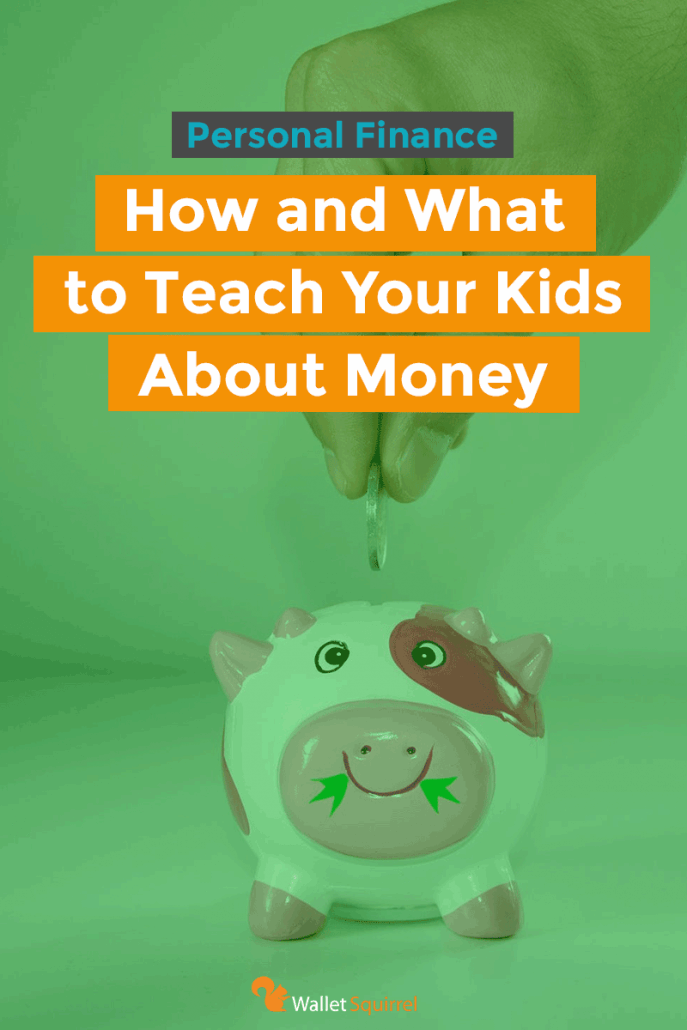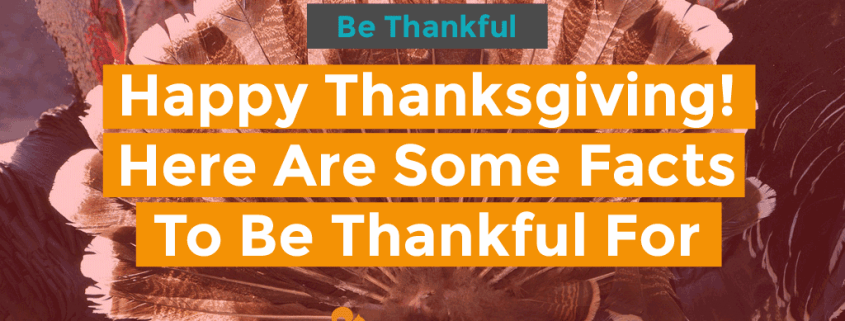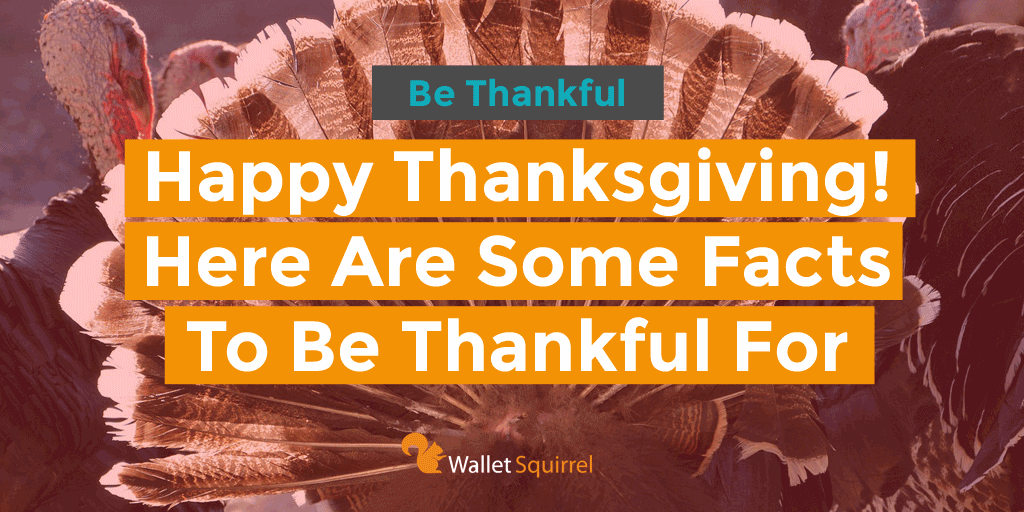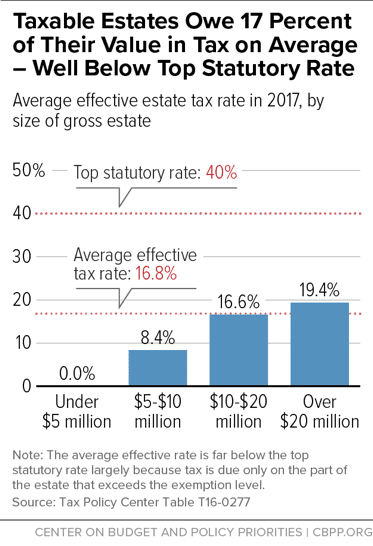Personal Finance – How and What to Teach Your Kids About Money

No parent in the history of parenthood has ever been perfect at parenting and that is okay. No matter how much you teach them, there is always going to be one subject left out. And that is okay too.
I figure you are doing a great job if you are teaching them how to spit watermelon seeds, throw a water balloon properly, and how to ride their bike through a big water puddle.
Do not get me wrong, my parents were amazing at raising me and my siblings. I had a great childhood with lots of fun playing in the cornfields of Iowa.
But one thing I wish they would have talked more about was personal finances, specifically budgeting and saving.
This is what we will talk about today.
To be honest, this is me talking out loud to prep myself for when I need to start teaching my little one-year-old in a few years. So be sure to comment below with more ideas and thoughts!
What to Teach Them
You do not always get what you want immediately: We, as adults, always want to get the latest gadget and we want it now. Well, our kids get these same emotions, only worse as they do not know how to control them.
I suggest starting to teach your kids the concept that they do not always get what they want right away. This concept does not always have to revolve around money. For example, it could be as easy as having your child wait in line before going down the slide at the playground.
Delaying this instant gratification will show them the idea of patience. With money, this will help kids understand that they need to have patience with saving their money to buy the toy they would like.
Choices are to be made: Between smartphones, tablets, games, and the hottest toys of the month there are so many cool gadgets to be bought. Sadly, we cannot have it all. This is another great concept kids also should learn.
To help your kid, teach them to set a priority list of the different toys they would like. Then teach them how to stay focused on that list. If a new toy comes on the market, where does it fit on their list? Walk them through the thought process asking, “Is it really better than the other toy?”
Saving can turn into more money: I first learned about the stock market back in my early years of high school. Boy, it was fun to do all of the research and buy a stock that could potentially double my money.
I would save my money up just so I could buy more stocks. The prospect of gaining more money was great motivation.
Depending on the stocks you are looking to purchase the market can be pretty risky. In fact, I ended up losing more than I did making. I did know about more safe options but their potential earnings were not as quick as I wanted. This comes back to teaching your kids patience and they do not get everything they want immediately.
For me, it was a great lesson on the consequences of being aggressive with my money versus investing in a Van Gaurd mutual fund.
Now let’s take a look at how can you teach your kids these lessons.
Live by Example
Live your life the way you would want them to live their own. Kids look up to their parents and mimic them tremendously. This starts at a very early age. I cannot believe how much my one year old already watches me and mimics my actions. I have to watch for old habits.
Basically, you need to parent yourself to parent your kids.
These bad habits to watch out for include personal finance such as frivolous spending, waiting and saving up, as well as choosing what to buy over other items.
Have Conversations With Them
Living by example also includes having a conversation with your little one. Explain to them why you should not buy the item you wanted or why you need to save up to buy it.
You can also talk strategy with them. To get their minds going, ask them for ideas on how you could save up for that new gadget. Also, ask them what item they would buy first over others.
In the case of an emergency comes along like the furnace goes out. Talk with them about what is happening and how you are going to handle it. This will help them understand the importance of having an emergency fund and how to problem solve their own financial issues when they get older.
Make a Game Out of it
When my wife was little, her parents made a game out of money. They would give her and her siblings an allowance after completing some chores. Then her mom would have a little store where the kids could buy items from. Some things were more expensive than others forcing them to learn how to save up their money when needed.
I like this concept a lot and we will implement it with my little one once he gets old enough. It will be a good lesson for him to learn how to manage and save up his money for fun toys.
You could easily use a game format to teach your kids about money.
Setting Goals for a Toy
Teaching your kids about goals will also teach them about patience. Have them shop a little bit to find a toy they want. Then help them set up the monetary goal to be able to buy that toy.
Setting a monetary goal will teach them about saving and patience.
You will need to help them stay focused on their overall goal. They will see toys they can afford now. Remind them of the big toy they really want. Make sure you walk them through the consequences if they buy the cheaper toy instead.
Conclusion
For me, I look forward to teaching my little one about personal finance. It will be fun to see how he grows within the subject. Also, if I do a REALLY REALLY good job at it, maybe he can take care of my wife and I financially when we get older.
What methods do you use to teach your kids about money?
Are you looking to earn more money to help teach your kids with? Well, check out our Ways to Make Money page. This page will help you decide between different side hustles as to which one is best for you.

Wallet Squirrel is a personal finance blog by best friends Andrew & Adam on how money works, building side-hustles, and the benefits of cleverly investing the profits. Featured on MSN Money, AOL Finance, and more!












